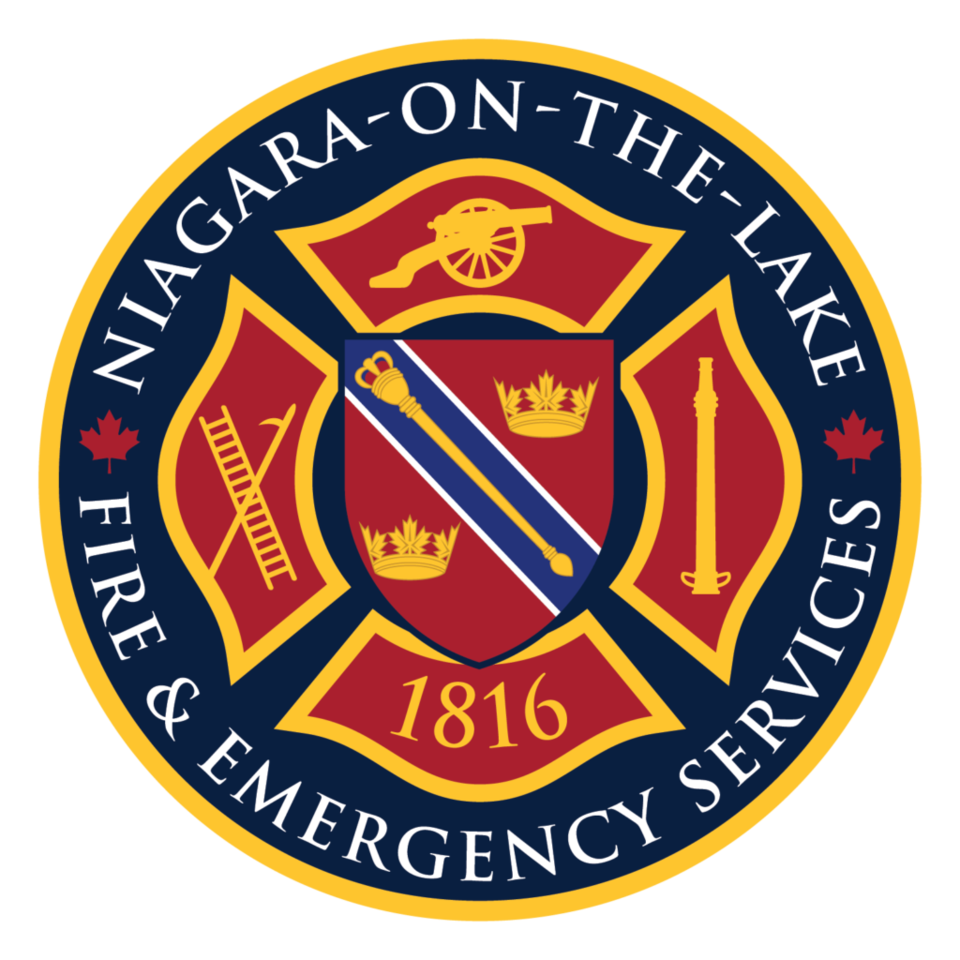
Within the first eight months of 2020, the Niagara-on-the-Lake Fire and Emergency Services (NOTLFES)attended 50 NOTL homes in response to homeowners reporting a smoke or carbon monoxide alarm activation.
In over 85 per cent of these responses, the NOTLFES discovered the main cause for the response to be alarms chirping from dead batteries or expired alarms. Yes, you read that correctly. Smoke alarms expire. Of these calls, almost all of them are within homes roughly 10 years old. For most manufacturers, the expiry date is 10 years from manufacture date. No matter how many times fire departments across the province continually push the message that smoke alarms expire, there are always members of the public who say they did not know. Most people know that electronic devices don’t last forever. Retailers will tell you that you’re lucky if you get 10 years out of a newer kitchen appliance. It is likely you’re not still using the same cellphone from 10 years ago. So why is it that most people don’t consider that their smoke alarms will require replacement? They are, after all, an electronic device with the sole purpose to help save your and your loved ones’ lives in the event of a fire.
The first electric forms of fire detecting devices were patented in 1890. As technology advanced through the decades, so did the design and construction of the fire detection devices. In the early 1900s, detectors were primarily used within commercial and industrial facilities, mainly due to their cost. Variations of the residential detection devices that we know today were not developed until the mid-1950s. Roughly 10 years later, in the mid-1960s, the first low-cost, battery-operated, replaceable detectors were developed. It was around this time also that studies began to show that smoke detecting devices responded faster than heat or fire detectors. In 1975, the Ontario Building Code was introduced which required all new Ontario homes to have smoke alarms outside sleeping areas. In 1999, an American based National Fire Protection Association (NFPA) standard began requiring the replacement of all smoke alarms 10 years after they were manufactured. This requirement became adopted throughout North America in the years that followed. Lastly, 2006 saw the Ontario Fire Code mandate that smoke alarms be placed on all levels, and outside of bedrooms, in every Ontario home. The Ontario Building Code also followed suit shortly after, ultimately taking it one step further, requiring new homes to have smoke alarms within all bedrooms, outside bedrooms, on every level of a home, and that they become hardwired.
The Ontario Building Code has made incredible strides ensuring smoke alarms are installed in every new home. The Ontario Fire Code has also done a great job ensuring all older homes have smoke alarms. These safety measures, however, are only good if smoke alarms are then tested, maintained, and replaced as required. NOTL has seen substantial growth over the last 10 years, growing in population by approximately 3,000 people with approximately 1,800 new dwelling units built. All of these homes would have required smoke alarms to be installed prior to the occupants moving in, however this has now created a scenario where the Town is experiencing a wave of smoke alarms approaching expiry. With homeowners not replacing these alarms prior to expiry, our residents are not only putting their lives at risk, but every person that enters their home.
With over 85 per cent of residential alarm responses being caused by expired alarms or dead batteries, NOTLFES is discovering a significant portion of our community is at risk. Every homeowner learns how to operate their thermostat, furnace and air conditioner. Every homeowner also learns how to operate their TV, computer, stove and washing machine. So why do so many homeowners have no idea how their smoke alarms function? When it expires? What the different beeps or chirps mean? One of the most important parts of being a homeowner is becoming familiar with the device you install on your ceiling that can help save your life in the event of a fire.
The NOTLFES Community Risk Reduction Division would like to remind everyone to:
• confirm your alarms are not expired and are operational
• change your batteries at least annually
• most hardwired alarms still have battery backups that need to be checked so they can continue to protect you during a power outage
• test your alarms monthly
• ensure your alarms are not dirty so they function properly
• understand the beeps or chirps by reading the user manual or back of the device
The NOTLFES Community Risk Reduction Division also encourages every citizen to check on your family and friends’ alarms, especially if you may have vulnerable members that may have difficulty checking them.
Oct. 4 to 10 is Fire Prevention Week across North America. During this week NOTLFES will be providing messaging through different media platforms, ensuring your alarms are up-to-date and in good working order. For more information regarding fire safety, please do not hesitate to contact the NOTLFES Community Risk Reduction Division.
Jay Plato
Deputy Fire Chief –
Community Risk Reduction
The NOTLFES is happy to announce a new partnership with The NOTL Local. The NOTLFES will be writing a regular column with The Local related to all things fire. Expect to see articles related to fire safety, training, fire department initiatives or developments within the department. The NOTLFES understands our community, and recognize one of the best ways to ensure we reach every member of the community is through using all media platforms available. Thank you for reading, and looking forward to the articles that we produce.